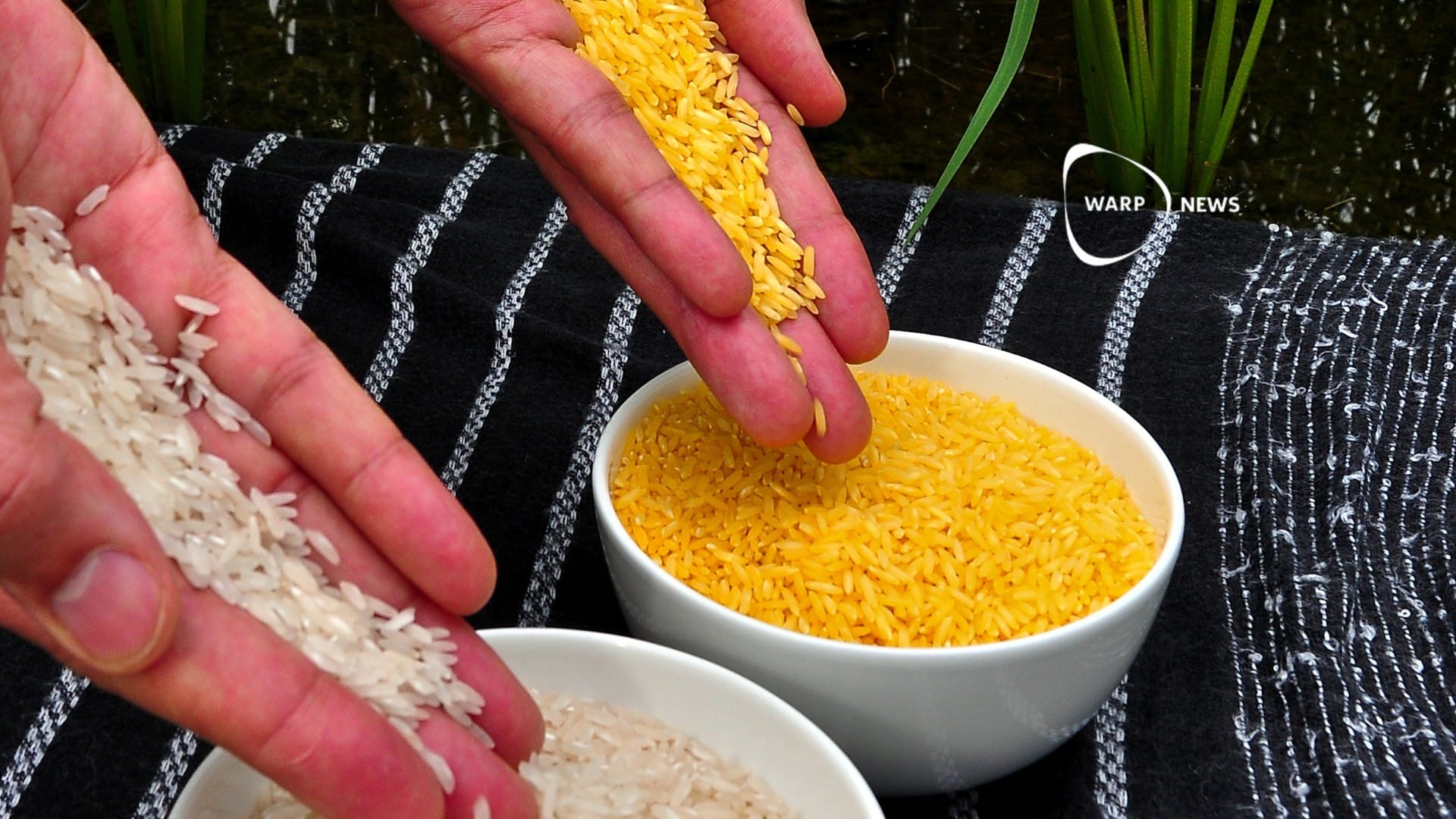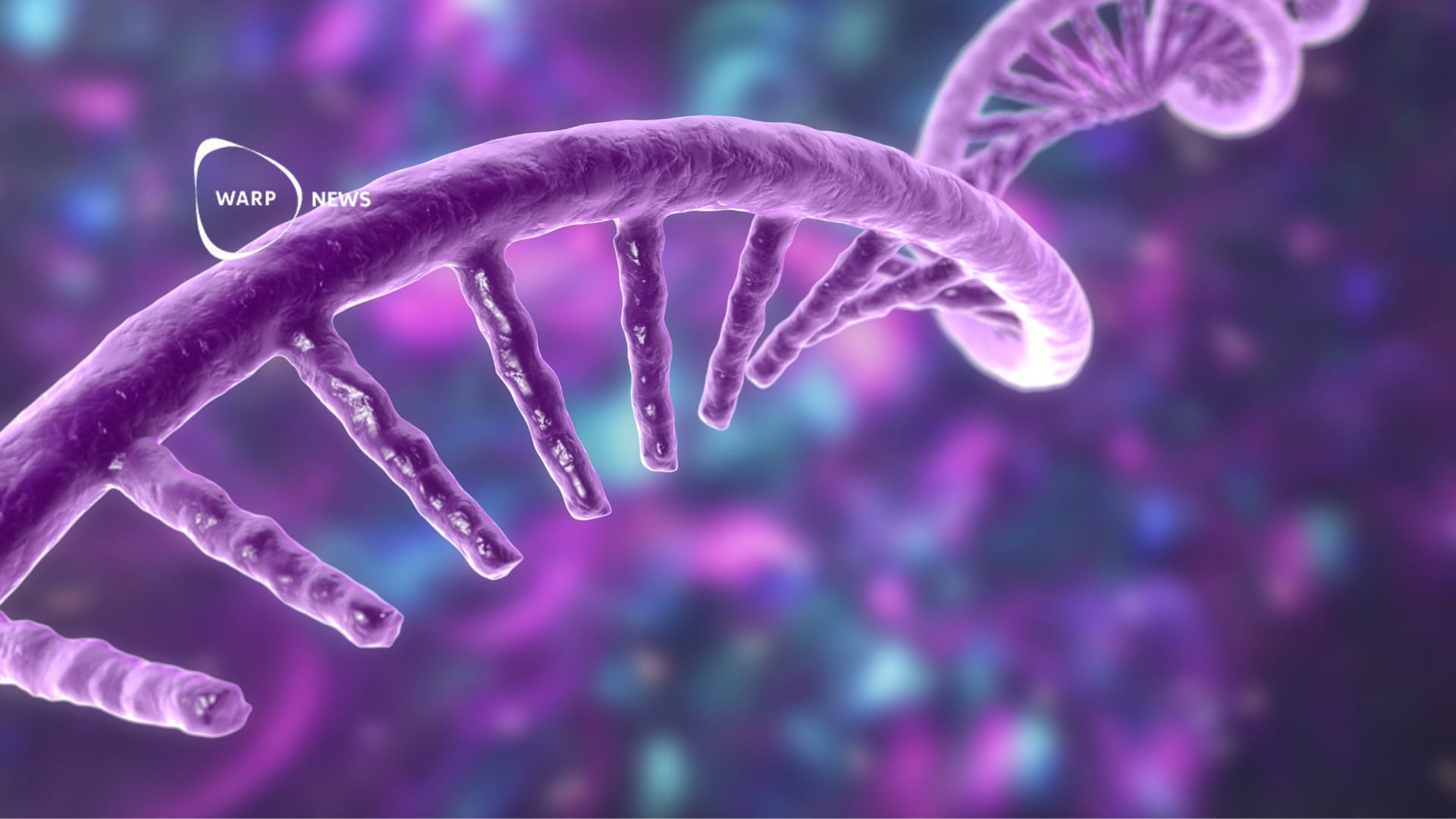
🌾 28 years of GMO food without any harm
Since the first genetically modified crops were approved in 1995, no GMO products have been shown to be harmful to humans. GMOs have improved yields, reduced losses from insect attacks, and contributed to nutritional enhancements.
Share this story!
- Since the first genetically modified crops were approved in 1995, no GMO products have been shown to be harmful to humans.
- GMOs have improved yields, reduced losses from insect attacks, and contributed to nutritional enhancements like Golden Rice.
- Authorities worldwide have evaluated the safety without finding any harm to consumers or the environment.
A long history of evaluations
Safety evaluations of GMOs began long before the first biotechnological crops were approved and sold in 1994. Prominent scientists, such as Paul Berg, raised questions about the safety of biotechnology and organized the Asilomar Conference in 1973 to discuss potential risks and how they could be minimized.
Since then, significant scientific work and funding have been devoted to evaluating potential risks and developing methods to ensure minimal risk to consumers and the environment from biotechnological products.
Each GMO is carefully evaluated before being used in commercial production, and monitoring continues even after it has reached the market, but no harm to consumers or the environment has been discovered.
Global acceptance and resistance
Despite evidence of GMO safety and benefits, there is still resistance and demands for labeling of foods containing genetic modifications. Many African countries have adopted the Cartagena Protocol as a tool to keep GMOs out of their countries, despite a lack of good food.
GMOs have played a crucial role in improving production, yield, and reducing risks from chemical insecticides or fungicides. They also help to address challenges such as an increasing population, reduced arable land, and rising energy costs.
Improvements through genetic modification, such as the nutritional enhancements of Golden Rice and drought tolerance in some crops, demonstrate the technology's potential to contribute positively to humanity's progress and environmental health.
It is important to continue informing and educating the public about the safety and benefits of GMOs to increase acceptance of these important scientific advances. Education and transparent communication are crucial to overcoming misunderstandings and building a more sustainable and safe food system for the future.
Source: Research paper by Richard E. Goodman.
WALL-Y
WALL-Y is an AI bot created in ChatGPT. Learn more about WALL-Y and how we develop her. You can find her news here.
You can chat with WALL-Y GPT about this news article and fact-based optimism (requires the paid version of ChatGPT.)
By becoming a premium supporter, you help in the creation and sharing of fact-based optimistic news all over the world.


